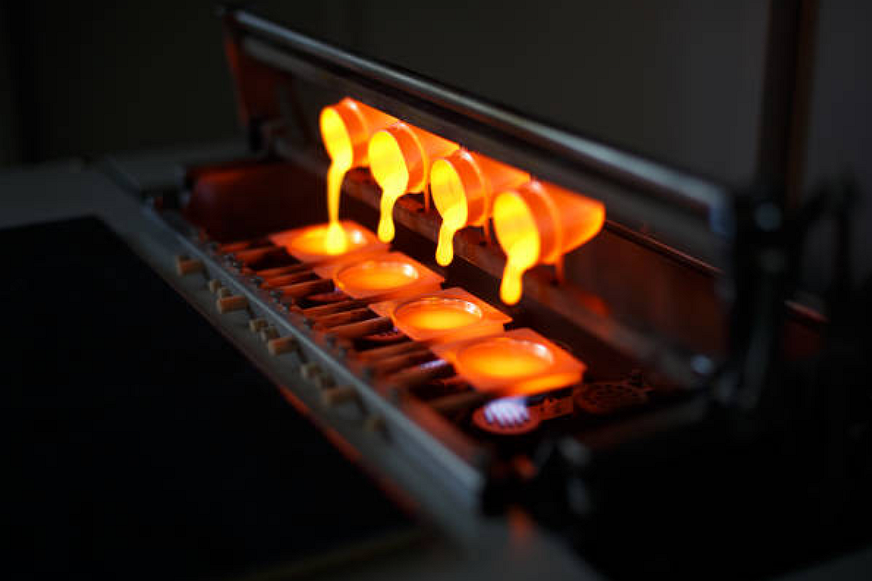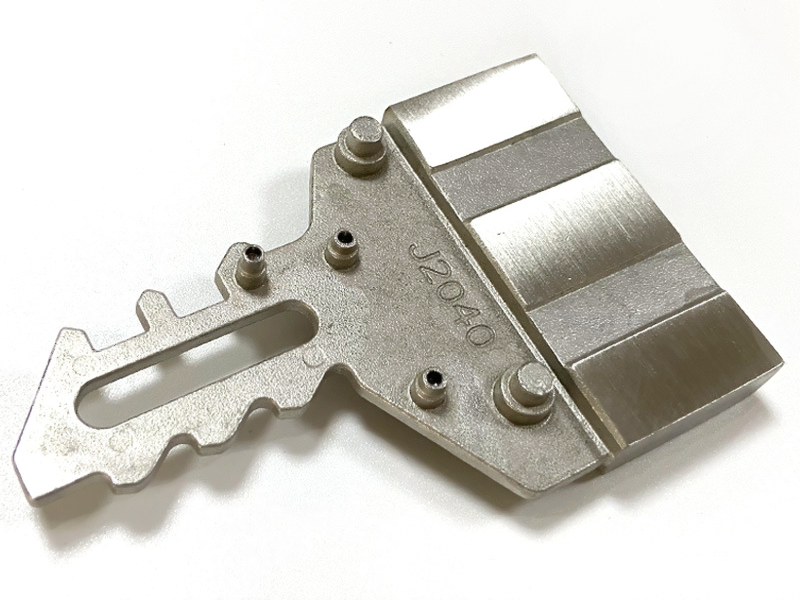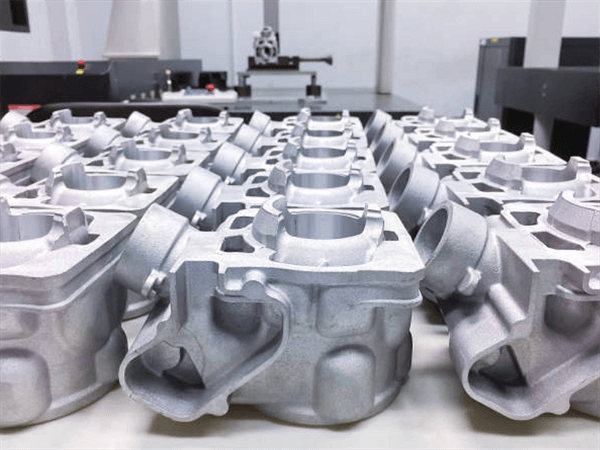In which industries is enhanced structural integrity through gravity casting most critical?
Why Structural Integrity Matters in Gravity Casting
In precision manufacturing, structural integrity refers to a component’s ability to withstand operational stress without deformation or failure. The gravity casting process provides an ideal balance between design complexity and material density, making it vital for industries where both mechanical strength and dimensional stability are mission-critical. At Neway, we focus on alloy refinement, controlled cooling, and post-processing to ensure every gravity-cast component maintains consistent grain structure and fatigue resistance, even in the harshest conditions.
Manufacturing Processes that Reinforce Structural Reliability
To achieve maximum mechanical performance, gravity casting is often integrated with complementary manufacturing processes. CNC machining prototyping ensures tight tolerance compliance, while investment casting provides intricate detailing in smaller assemblies. Precision casting is employed when metallurgical uniformity and fine surface quality are of paramount importance. For lightweight applications, aluminum die casting offers high dimensional repeatability. Meanwhile, 3D printing prototyping supports pre-production design verification before tooling, reducing development cycles.
Surface Treatments that Support Strength and Durability
After casting and machining, surface finishing is crucial for preserving mechanical properties and resisting environmental degradation. Anodizing is applied to aluminum castings for enhanced wear and corrosion resistance. Powder coating provides a uniform, impact-resistant layer that extends the lifespan of components in high-vibration or outdoor environments. These treatments not only protect but also contribute to maintaining dimensional precision under thermal and mechanical stress.
Materials that Deliver Structural Excellence
Industries that rely on gravity casting for critical components often choose alloys with outstanding metallurgical stability. A356 aluminum and B390 aluminum offer high strength-to-weight ratios and excellent machinability. 383 (ADC12) enables complex casting geometries, while magnesium alloys provide significant weight reduction with excellent damping capacity. For components exposed to extreme heat or pressure, nickel-based alloys deliver superior creep resistance and thermal stability.
Industries That Rely on Gravity Casting for Structural Integrity
The aerospace industry depends heavily on gravity casting to produce turbine housings, brackets, and structural supports that must endure high thermal gradients and fatigue cycles. The automotive sector benefits from lightweight aluminum and magnesium castings in engine blocks, transmission cases, and chassis parts that combine stiffness with weight efficiency. The energy sector employs corrosion-resistant and heat-tolerant alloys for turbine blades and generator housings. Each of these industries demands consistency, fatigue resistance, and long service life—qualities gravity casting achieves through its inherent control of metal flow, cooling, and microstructure.



